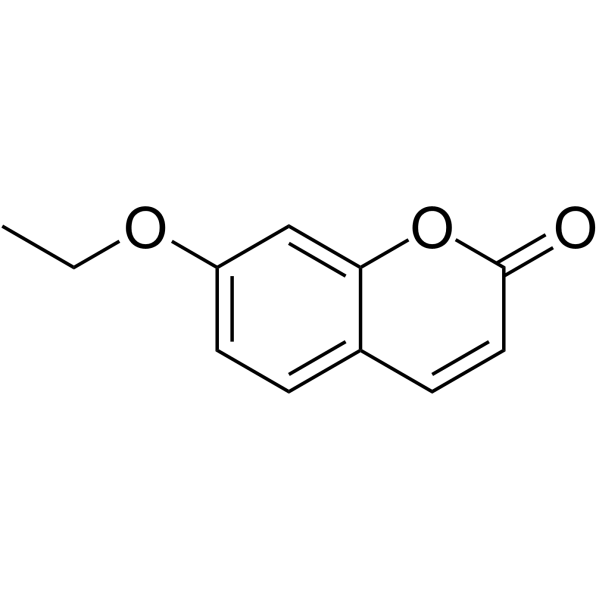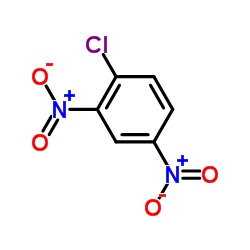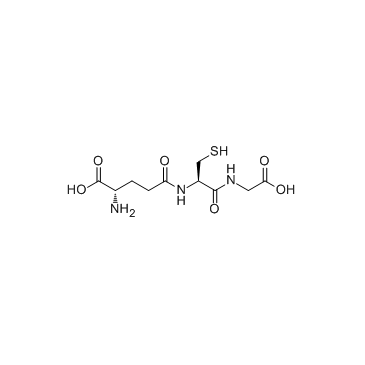| 结构式 | 名称/CAS号 | 全部文献 |
|---|---|---|
 |
十二烷基硫酸钠
CAS:151-21-3 |
|
 |
7-乙氧基香豆素
CAS:31005-02-4 |
|
 |
1-氯-2,4-二硝基苯
CAS:97-00-7 |
|
 |
谷胱甘肽/5-L-谷氨酰-L-半胱氨酰甘氨酸
CAS:70-18-8 |